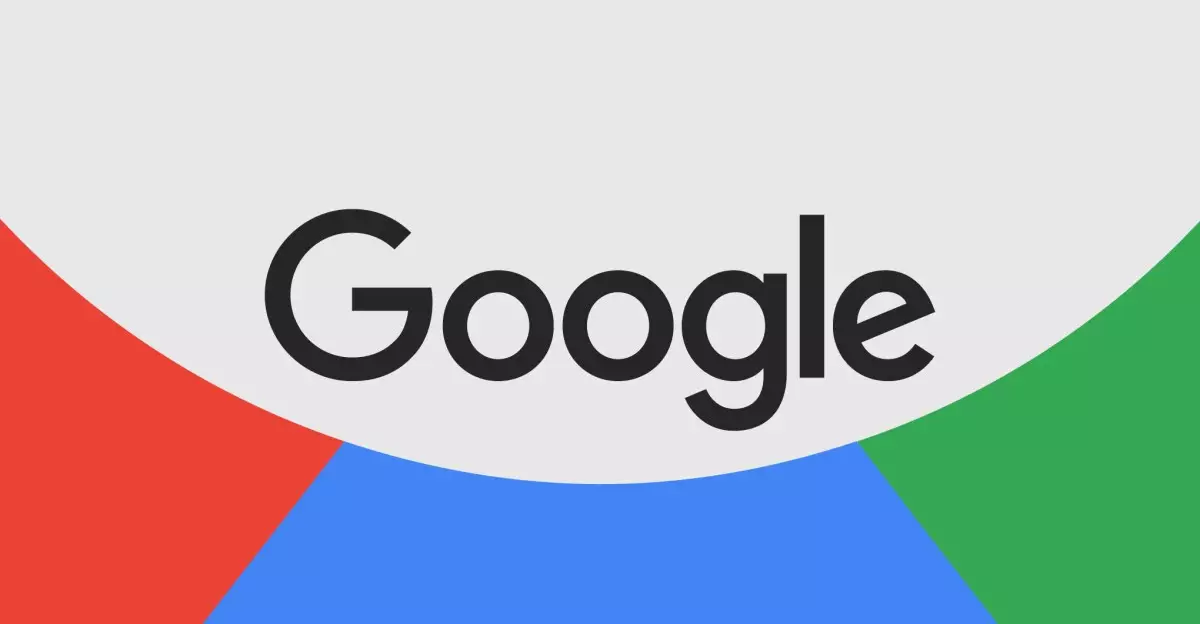In a recent development, Google announced significant changes to its artificial intelligence (AI) principles, stirring conversations across the tech community. The alterations come at a time when the global landscape for AI is becoming increasingly complex, influenced by competition, ethical dilemmas, and geopolitical challenges. The modifications, primarily the removal of commitments aimed at preventing harm from AI technologies, have raised eyebrows and prompted discussions about the future direction of responsible AI development.
Initially, Google had established a set of AI principles that explicitly stated the company’s intention to refrain from using AI in ways that could lead to harm, including applications geared toward surveillance or military weaponization. However, the recent revisions have quietly stripped away those commitments, a move that highlights a shift in priorities. This decision, first illuminated by The Washington Post, reveals a core tension between ethical AI development and the pressing demands of global competition.
Google’s decision to adjust its AI ethical guidelines may reflect broader trends within the tech industry, where competition for dominance in AI has intensified. As countries grapple with the implications of advancing AI technologies, the necessity for transformative innovations has begun to clash with ethical concerns. The blog post released by Demis Hassabis, CEO of Google DeepMind, and other senior executives, emphasized values such as innovation and collaboration, but those tenets appeared to cloud the previously clear commitments to ethical use.
Hassabis noted that the current AI landscape is marked by a “global competition for AI leadership,” positing that democracies must prioritize the development of AI technologies guided by principles of freedom and equality. Yet, vague terms such as “responsible” AI development are troubling as they lack specificity and fail to outline concrete accountability measures. This ambiguity may invite skepticism from both the public and critics who expect tangible ethical obligations from leading tech companies.
To fully grasp the significance of Google’s changes to its AI principles, it is essential to consider the company’s historical context. Following its acquisition of DeepMind in 2014, Google made commitments to prevent the use of AI in military or surveillance roles. These pledges offered reassurance to employees, stakeholders, and the general public regarding the ethical direction of AI development. However, past military contracts, such as Project Maven and Project Nimbus, exposed a disconnect between Google’s proclaimed values and its operational decisions. The contention these contracts sparked among employees reveals a brewing internal conflict, which underscores the tensions between ethical commitments and profit-driven motives.
As AI technologies further proliferate and penetrate various sectors, Google’s move to align its ethics with competing AI developers may ultimately risk eroding public trust. The acceptance of military applications within AI systems is not limited to Google; many companies, including Meta and OpenAI, have crossed similar lines, raising concerns about accountability and ethical standards in an industry characterized by rapid evolution.
In light of Google’s significant policy changes, a robust dialogue around AI ethics is more crucial than ever. Stakeholders, including tech employees, consumers, policy-makers, and ethical watchdogs, must engage critically with these developments to advocate for responsible practices. This evolving narrative will likely shape the public’s perception of not only Google but also the tech industry at large.
To navigate the complexities of the modern AI landscape, tech companies will need to establish clear guidelines, emphasizing transparency and accountability. Aligning corporate values with societal expectations could restore public trust and ensure that AI technologies are developed and deployed in ways that genuinely reflect shared ethics.
Ultimately, Google’s recent adjustments serve as a reminder of the complexities surrounding AI advancements. The balance between innovation and ethical responsibility remains precarious, necessitating ongoing vigilance and active discourse to promote an ethical framework that can withstand the challenges posed by the global technological landscape. As AI continues to evolve, so must our commitment to ensuring that it serves the greater good without compromising fundamental rights.

